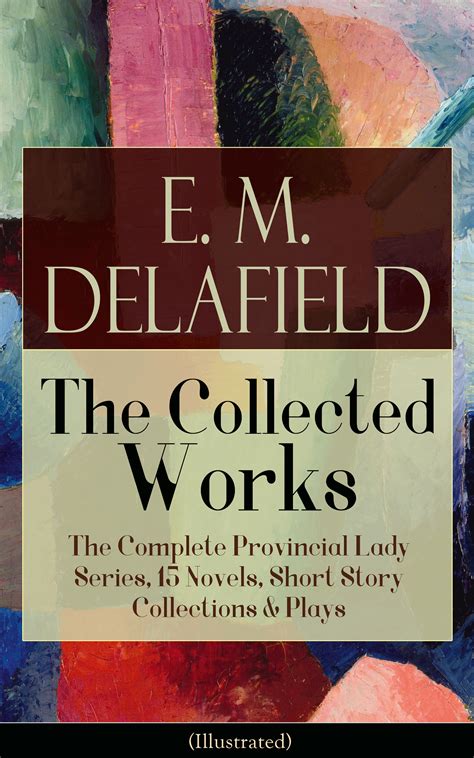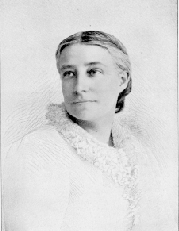A Quote by John Dryden
Shakespeare was naturally learned; he needed not the spectacles of the books to read nature; he looked inward, and found her there.
Related Quotes
He was the man who of all modern, and perhaps ancient poets, had the largest and most comprehensive soul. . . . He was naturally learn'd; he needed not the spectacles of books to read Nature; he looked inwards, and found her there. . . . He is many times flat, insipid; his comic wit degenerating in to clenches, his serious swelling into bombast. But he is always great, when some occasion is presented to him.
Books, as Dryden has aptly termed them, are spectacles to read nature. Aeschylus and Aristotle, Shakespeare and Bacon, are priests who preach and expound the mysteries of man and the universe. They teach us to understand and feel what we see, to decipher and syllable the hieroglyphics of the senses.
When I first learned about Abrams and saw the types of books they were making, I knew I wanted my books to be published by them. Abrams books are special-when you hold one in your hands, you have the feeling that this book needed to be made. I once heard an artist say that books are fetish objects-I think Abrams gets that, because their books demand to be treasured. So who better to give comics art its proper due? I feel privileged to have found a home with Abrams.
School did give me one of the greatest gifts of my life, though. I learned how to read, and for that I remain thankful. I would have died otherwise. As soon as I was able, I read, alone. Under the covers with a flashlight or in my corner of the attic—I sought solace in books. It was from books that I started to get an inkling of the kinds of assholes I was dealing with. I found allies too, in books, characters my age who were going through or had triumphed against the same bullshit.
My mother lived her life through movies and books - she read everything there was to read. And she read to me every night. I never went to sleep without her reading to me. And she fantasized about the book and she would talk about it, the place, and you would think that after she read the book and after she told you stories about it, that she had actually been there. I learned about story from her, and I learned the value of a great story, and the value of great characters.
Have you really read all those books in your room?” Alaska laughing- “Oh God no. I’ve maybe read a third of ‘em. But I’m going to read them all. I call it my Life’s Library. Every summer since I was little, I’ve gone to garage sales and bought all the books that looked interesting. So I always have something to read.
Learning is, in too many cases, but a foil to common sense; a substitute for true knowledge. Books are less often made use of as spectacles to look at nature with, than as blinds to keep out its strong light and shifting scenery from weak eyes and indolent dispositions. The learned are mere literary drudges.
I have learned that my assignment is to write books for people who do not like to read books. I really try to connect with people who are not given to spending a lot of time with an open book. Pay day to me is when somebody comes up to me and says, "I never read books but I read yours." I have a heart for that person.
I remember one letter from a girl in a midwestern town who read one of my books and thought she had discovered it- that no one had ever read it or knew about it. Then one day in her local library she found cards for one or two of my other books. They were full of names- the books were borrowed all the time. She resented this a bit and then walked around the town looking in everybody's face and wondering if they were the ones who were reading my books. That is someone I write for.
This, therefore, is a law not found in books, but written on the fleshly tablets of the heart, which we have not learned from man, received or read, but which we have caught up from Nature herself, sucked in and imbibed; the knowledge of which we were not taught, but for which we were made; we received it not by education, but by intuition.
The most important thing for a writer to do is to write. It really doesn't matter what you write as long as you are able to write fluidly, very quickly, very effortlessly. It needs to become not second nature but really first nature to you. And read; you need to read and you need to read excellent books and then some bad books. Not as many bad books, but some bad books, so that you can see what both look like and why both are what they are.






































